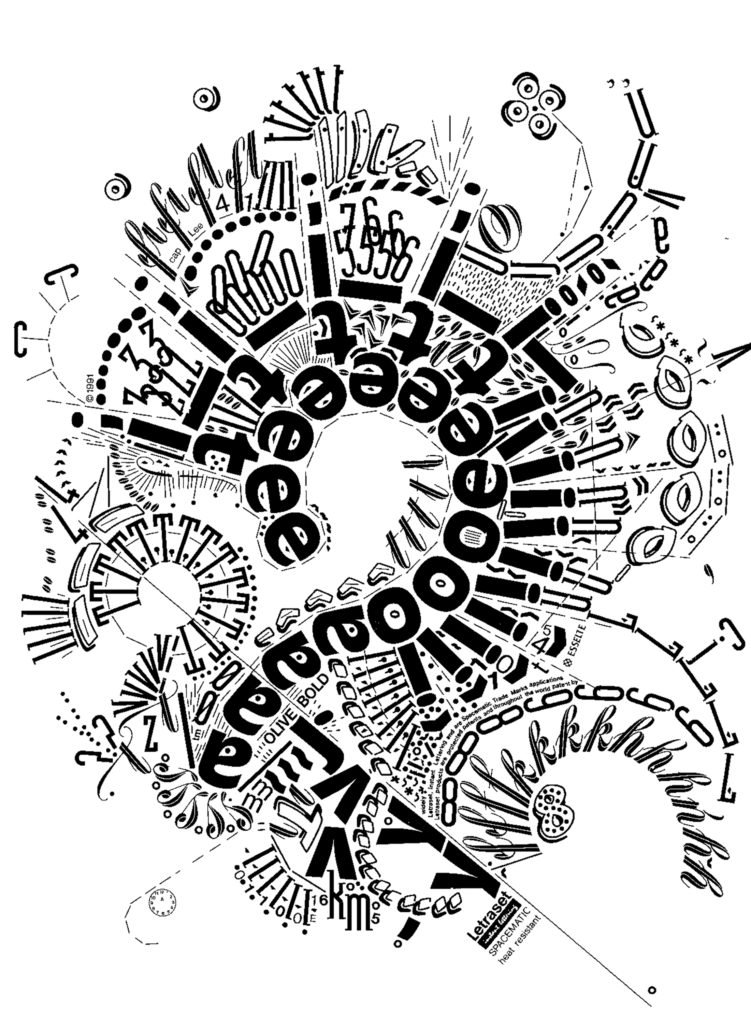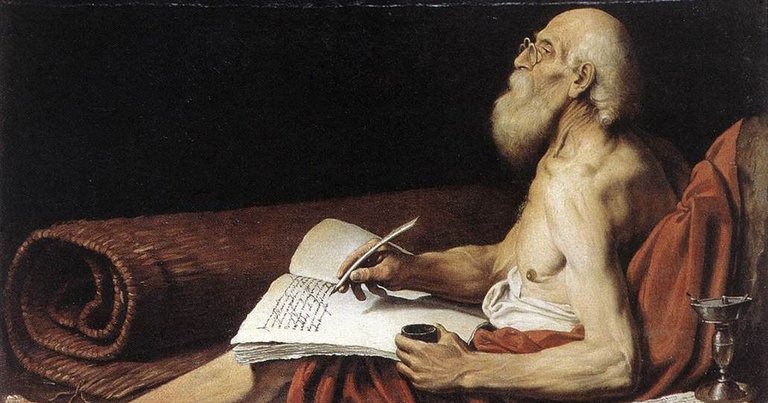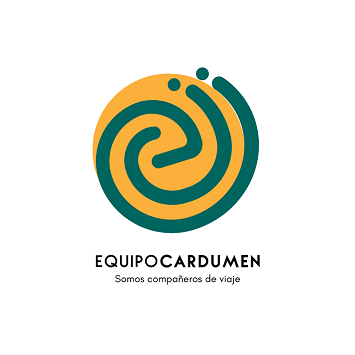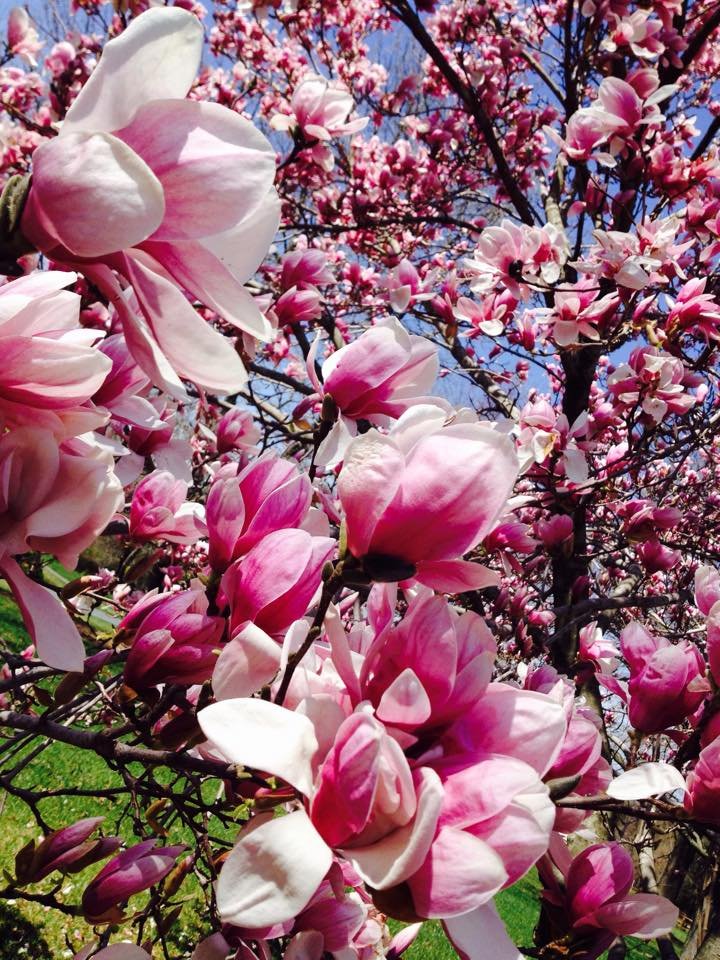Some Thoughts on Translation, Poetry, and Steemit
 Source
Source
Greetings, Dear Steemians,
Even though Steemit has allowed bloggers from all over the world to come here and interact, post about their given interests, and do it in their own languages, we know that some languages have become more relevant than others and that ultimately English prevails in terms of number of readers/followers and rewards. Many great Steemians are posting amazing work that goes unnoticed, in many cases because of the language and genre in which they are written.
Tomorrow, I'll start a series of post dedicated to translating the poetic work of a local poet and friend, @oacevedo (from Cumaná, Venezuela). To avoid overloading his post (because the first poem I have decided to translate is long and deserves your full attention), I decided to post a separate commentary about my approach to Oswaldo Acevedo's work in the context of my view of the art of translation.

A lot of good things have been said about translations, but a great deal of negative things too. We know that most humor gets lost in translation, so does most poetry.
That's why many suggest that we learn the language in which the text we are interested in was originally written. We know how complicated that can be and, for some, simply impossible. Therefore the role of the translator as acultural bridge builder.
Literary texts, by their very nature, can be the hardest to translate, but it is a risk worth taking. As Italo Calvino said, without translations, we'd be limited to our own country's borders. Translations can be a window to the world of letters and ideas, promote cultural awarenes and understanding, and elevate our humanity.
I favor the kind of faithful translation some call "ugly", by virtue of their faithfulness. I do not think, though, that in order for a translation to be beautiful it has to be unfaithful to the original text. Oswaldo Acevedo's poetry is beautiful, clever, and deep. It should transcend the language barrier, and if you can see some of its beauty in my translation, I'll consider my work well done.

 Source
Source
Note: All rewards of my translation posts (including this preamble) will go to the author. I am doing this as a humble contribution to the visibility of a fellow Steemian, a friend, and a superb poet.
Thanks for your visit



@tipu curate
Upvoted 👌
Thanks
Hello!
This post has been manually curated, resteemed
and gifted with some virtually delicious cake
from the @helpiecake curation team!
Much love to you from all of us at @helpie!
Keep up the great work!
Manually curated by @free-reign.
@helpie is a Community Witness.
Thanks for your support, guys. It draws a smile every time
Quedo muy agradecido, @hlezama, por tu acción de compromiso con la poesía.
De mi parte, recibe un fuerte abrazo.
Ha sido un verdadero placer, hermano. Tu poesía, como la de muchos otros escritores brillantes que conocemos, merece ser difundida más allá de las fronteras de nuestro idioma
I am indebted to passionate and selfless translators, such as you, for my literary education. Growing up, in Egypt, it was German, French, Russian and Persian writers that I read, in translation, that have shaped the writer that I am, today.
Modern American poet Gregory Pardlo, in his extraordinary essay “Choosing a Twin,” addresses the mystery and magic of how we choose whom to translate: “Translation is a practice of empathy,” he writes, “like choosing a twin, where affinity and kinship is a declarative act and not a passive discovery.”
I love this
That's exactly how I feel. Some works and ideas cling to us in a way that demand the transactional dialogue that translation becomes. Some writers speak to us in a very intimate way and their passions and compassion becomes ours in ways we feel we must share with others.
That's exactly it. If you are able to, I highly recommend you read Pardlo's remarkable essay on the art of translation: "Choosing a Twin".
Also, perhaps, of interest to you, a short meditation of mine on the parallel intimacy of writing biographies: https://agnionline.bu.edu/blog/every-subject-chooses-its-author
Happy Sunday
_/|\_I have not been able to find Pardlo's essay, but I went ahead and read your peace on the art of biography. Very compelling. I agree that we build our cycles of influences in the same way we build family realations. With some relatives we feel closer, we identify better, we become them as they become us. Those transactions, whether intentional or not define who we end up becoming.
This thread is worthy of becoming a new post! I don't want to appropriate your learning and insights by posting it all myself, but if it brings attention to two great poets of Steemit, two great souls, I might dare.
Love this: Those transactions, whether intentional or not define who we end up becoming.
Yahia, good to see you again!! Somehow in all the busy-ness of #freewritehouse (I seldom venture far from there, or from #dailypetphotography), I miss out on so many of my favorite Steemians. Like @quillfire. Must get out more!
Carol, I miss ya! Good to hear from you, 'ole friend, and one more reason to be grateful to @hlezama and his sensitivity as a reader and human. I, especially, appreciate the analogy of literature as family and, as he eloquently puts it: "With some relatives we feel closer, we identify better, we become them as they become us."
Thank you, for stopping by and sharing where you're at. Also, please, feel free to share anything you like from my page :)
Much Love <3
Thank you - I'll visit your page now!
I rely too much on hashtags, e.g. #freewrite or #freewritehouse, and minutes/hours just get funneled away with reading, commenting, posting, hyperlinking/formatting. As good citizens we're to volunteer and upvote and esteem each other - and as writers (aka, typically loners), we run out of time and energy after investing too much of it in everyone else's work. But your poems are lovely, always, and your insightful comments are worthy of being posts, not comments, and now I'm off to visit your Steemit wall. :)
One universal language would be convenient. A pity that of all the languages that could dominate, it's English, with the inconsistent spellings and exceptions to rules, that is the most widely used. You're right, for many of us, learning new languages is almost impossible. We need to expose children to all the languages and their unique sounds (Zulu clicks, German umlauts, e.g.) in the first year of life - and early language instruction works sooo much better than trying to pick up a new language as an adult.
Looking forward to your translations.
And whoever translates Pablo Neruda has my admiration and appreciation.